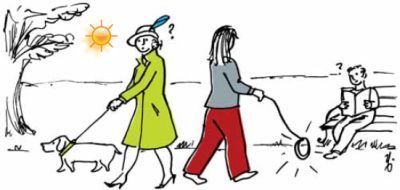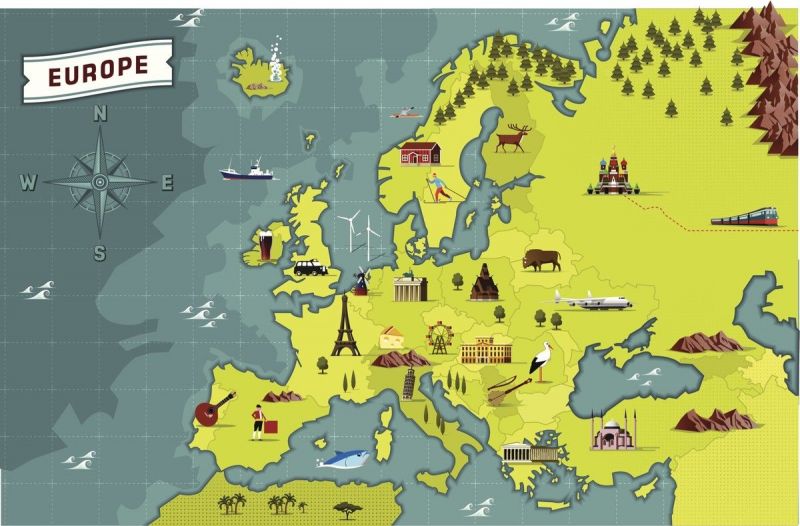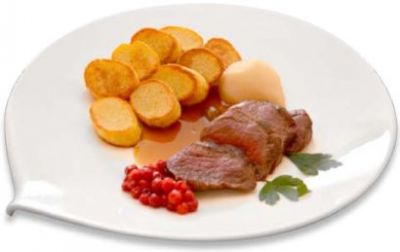Study in Europe

6. Taking the plungePeople who have not yet embarked on the road to learning a foreign language, may feel concerned or afraid, like looking at the sea when they do not know how to swim.But studying a language is a little like learning to swim, surprisingly straightforward once you have taken the first plunge. 
7. Be concrete, not abstractConcrete messages are clear — abstract language can be vague and off-putting. Too much abstract language might even lead your reader to think either that you don’t know what you are writing about or that your motives for writing are suspect. 
1. Erasmus+ - IntroductionErasmus+ is a unique programme which seeks to boost the job prospects and personal development of young people, as well as help our education, training and youth systems deliver teaching and learning that gives people the skills they need in today's labour market and society, as well as in the future. 
Preparing for an interviewInterview culture is as varied as the number of companies and organisations on the market. Find out as much as possible about the process in advance. Do you need to take documents, prepare a presentation or undertake psychometric, practical or other tests as part of the interview? How long will the process take and who are you likely to meet? 
Czech Republic - Bohemian dumplingsČeské knedlíky
INGREDIENTS (serves 4)
• 500 g of wheat flour type 1050
(‘polohrubá’)
• 3 to 4 eggs
• 500 ml of milk
• 1 packet of yeast or 100 ml of beer
• 60 g of butter
• Water, nutmeg and
1 teaspoon of salt




